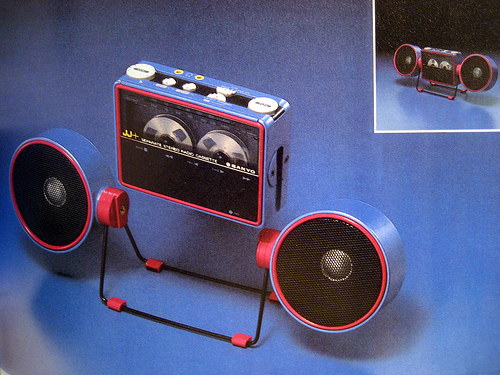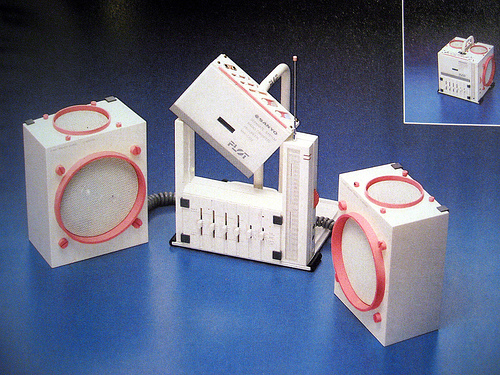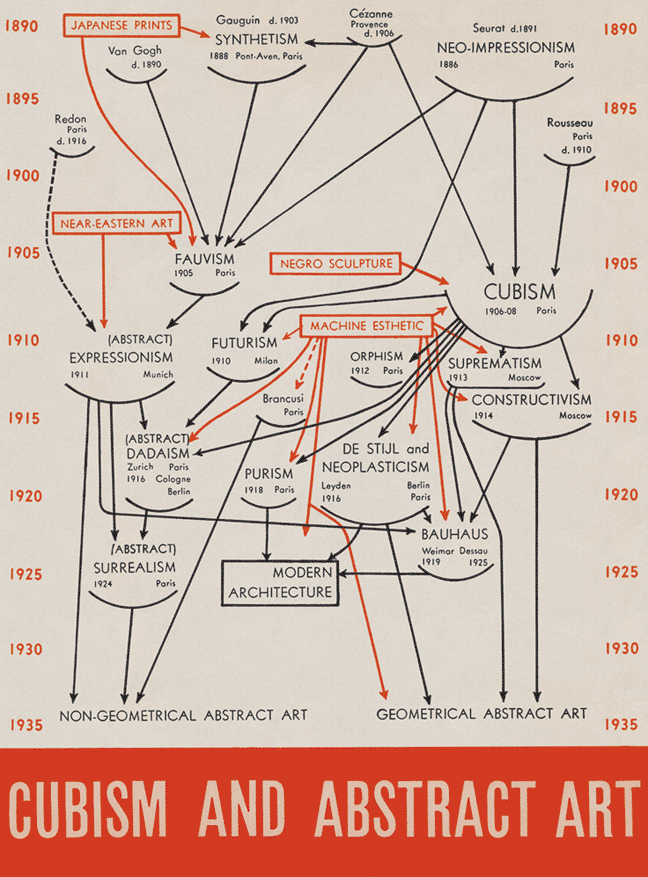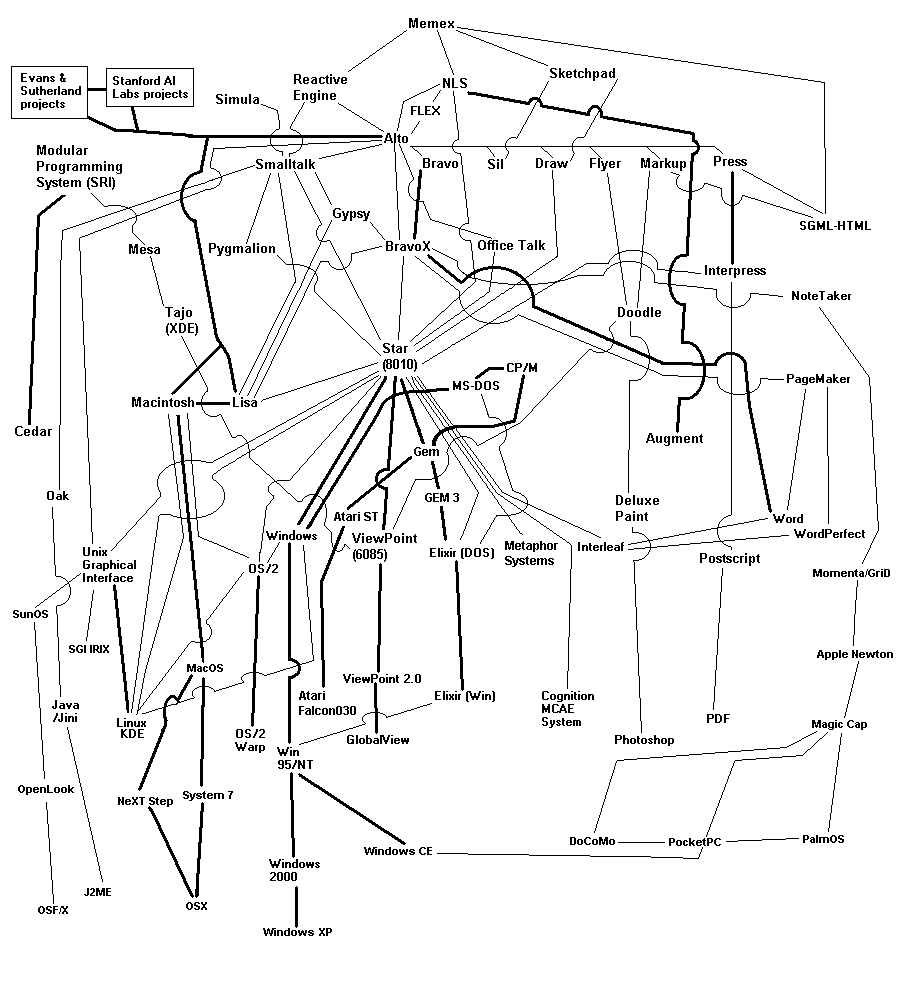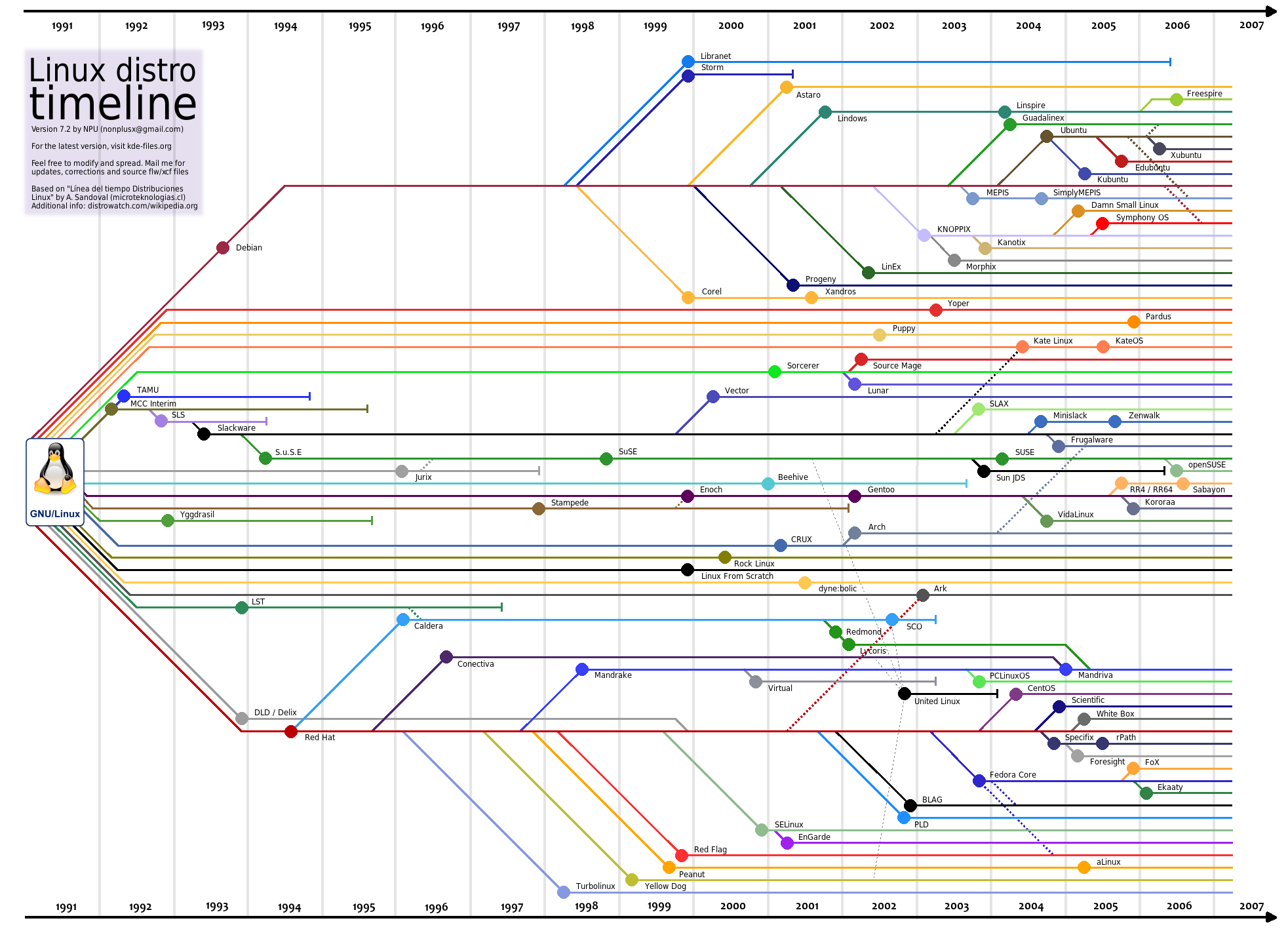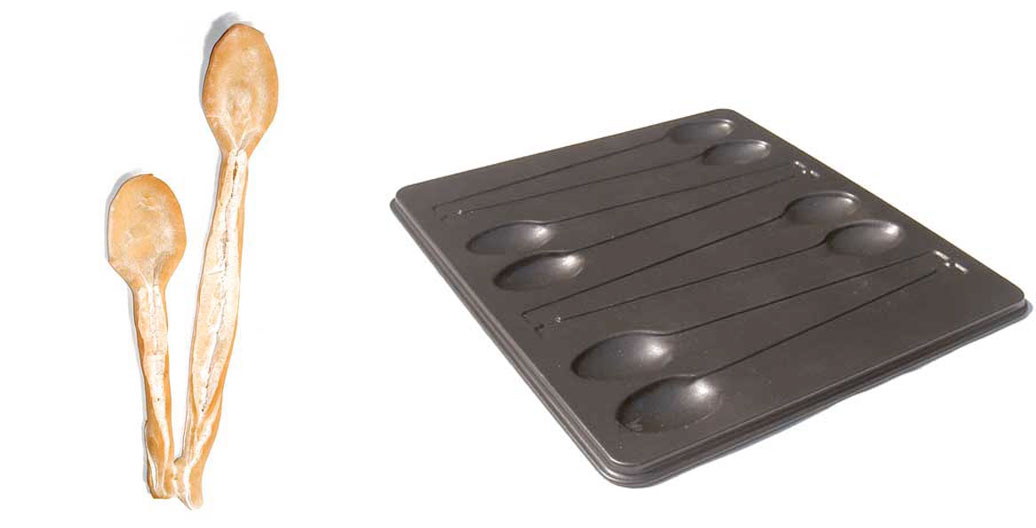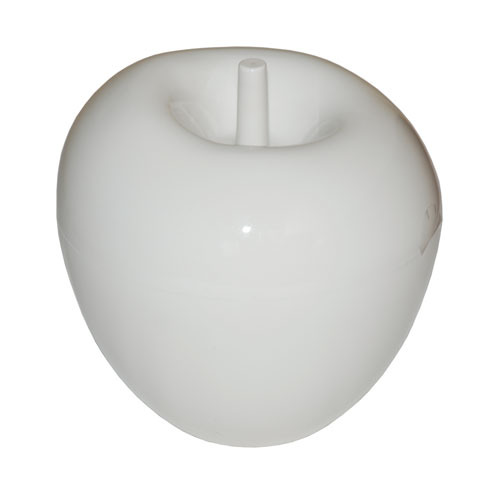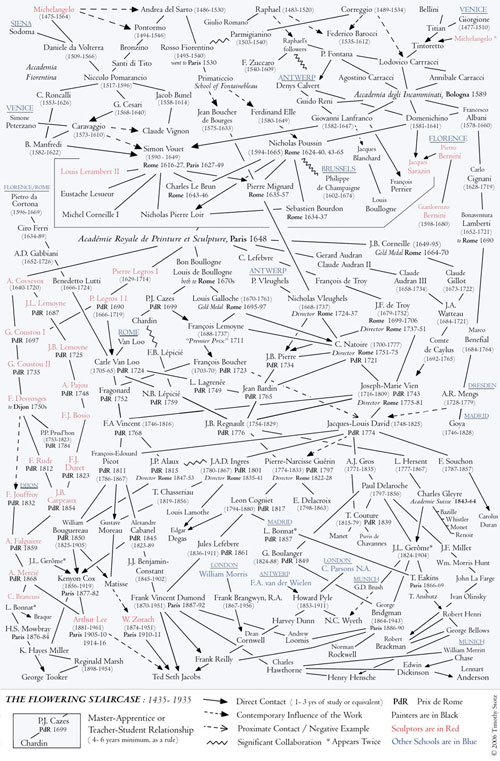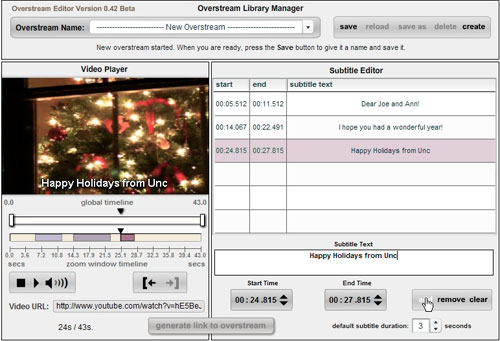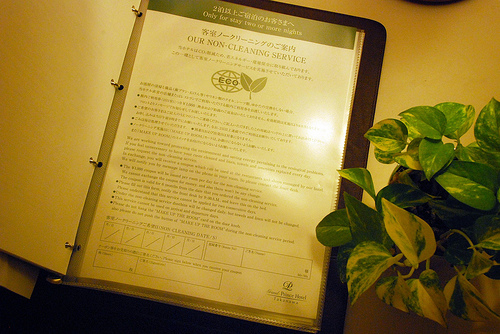
Ever wish you could always stay up-to-date with the latest trends in fashion? Bags to Riches will rent you the latest purse – for $30-$300 – for a month, along with damage insurance, so you never have to commit to a single thousand-dollar bag – or worry about scuffs. If only fashion could be regularly rented out, we could all have the latest, pressed, new and fashionable clothes for cheap – and anyone who is worried about fitting in could just wear them months after they come out. Rental designer fashion could also motivate manufacturers to make more durable products, and to take back their designs to re-use valuable materials in new products instead of allowing them to be thrown away. With fashion rental staying on top of the latest trends can finally become a socially and environmentally ethical way to shop!
